
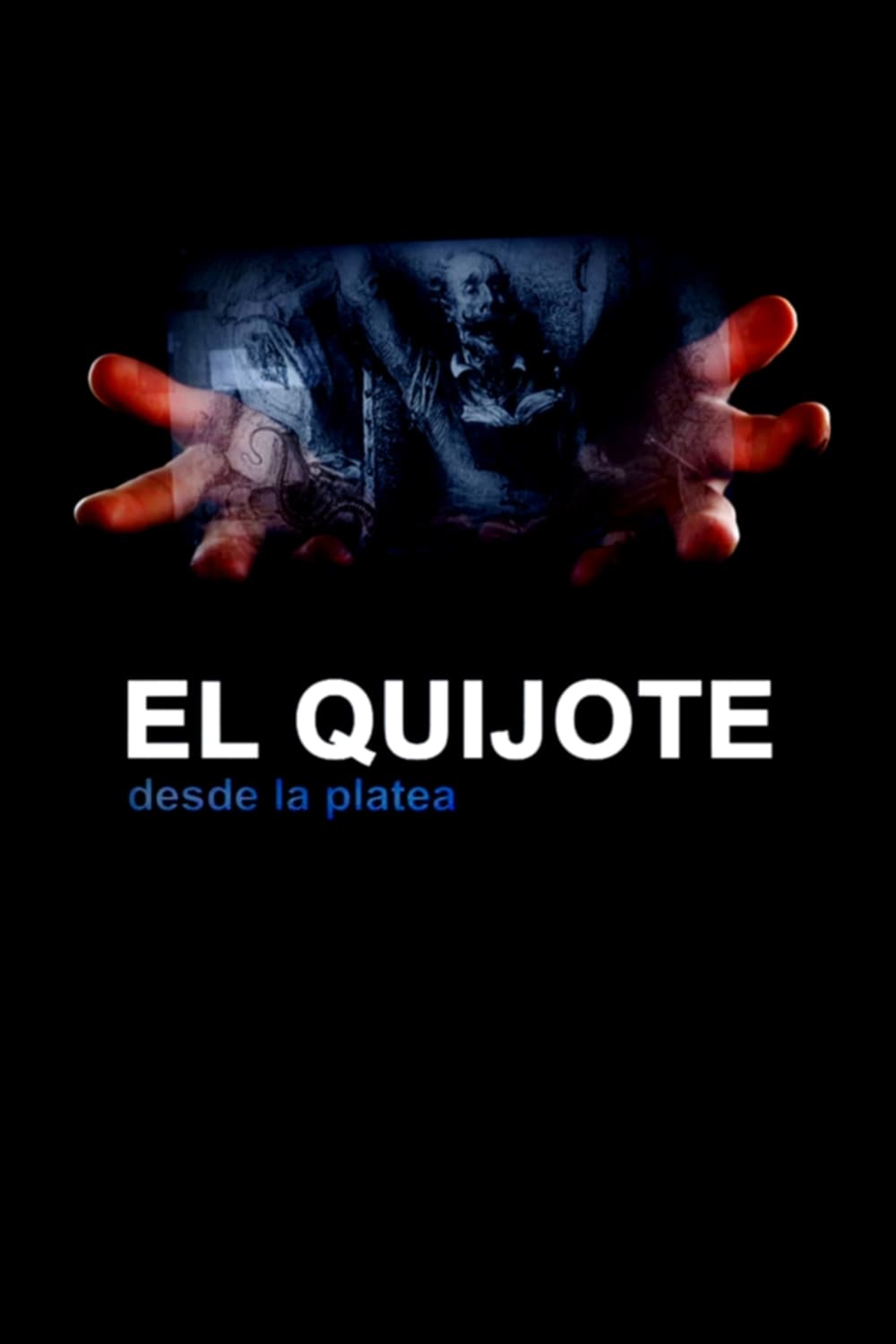
How Don Quixote de la Mancha, the immortal character created by Miguel de Cervantes in 1605, has been depicted in cinema, television, cartoons, theater, opera, ballet and other artistic disciplines. An adventure that began more than four hundred years ago in the pages of a book and is far from coming to an end.
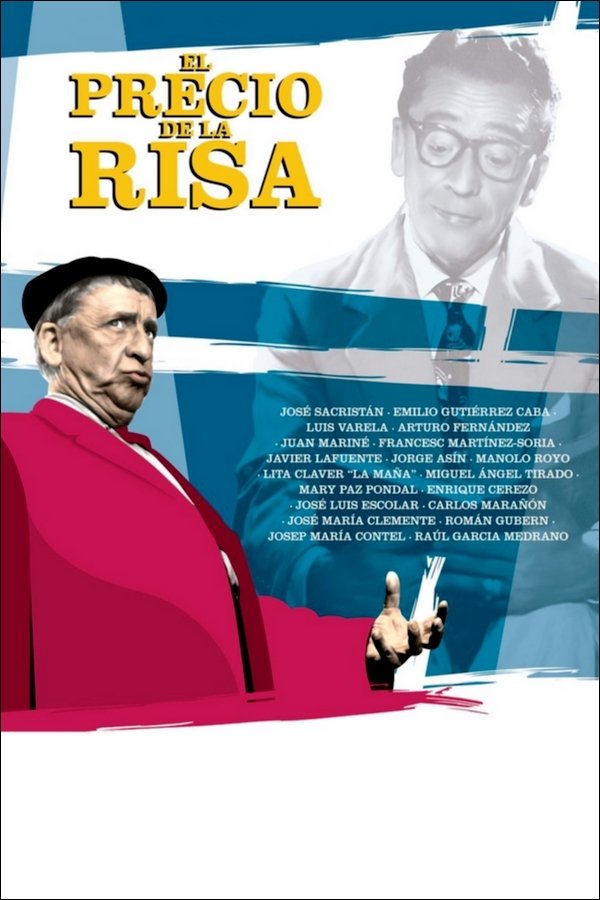
The life of Paco Martínez Soria (1902-1982), one of the most famous and beloved Spanish actors, both on stage and screen; a comedian, a theatrical producer, an idol for the masses. A celebration of the uncommon gift of making people laugh.
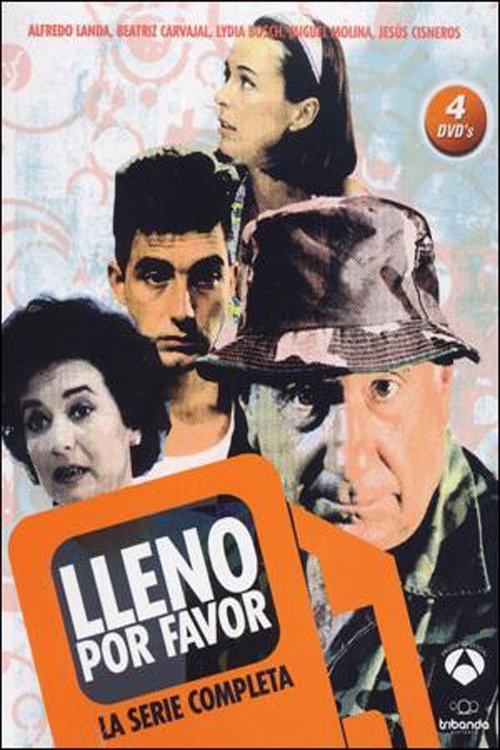
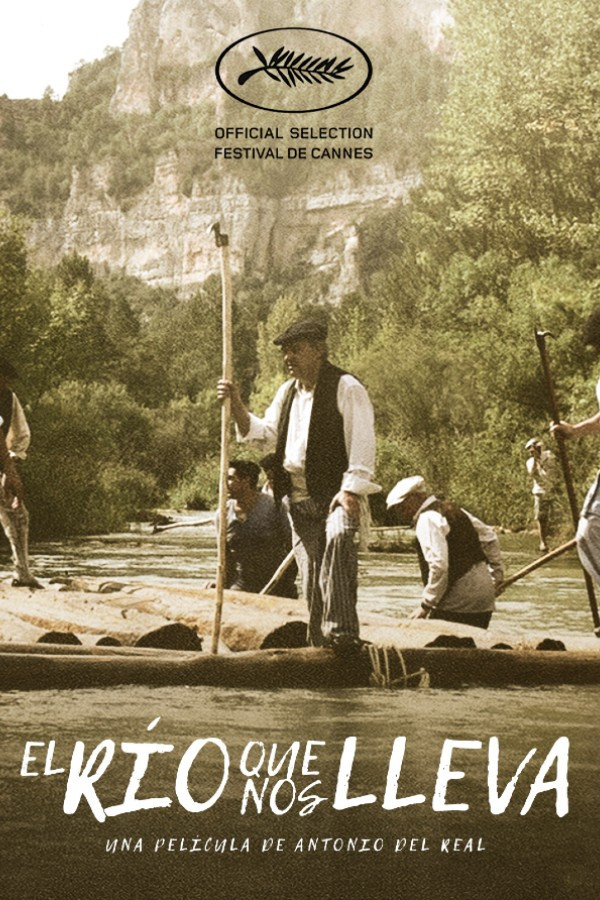
In 1946, an irishman joins a group of 'gancheros' (wood workers) while they drive wood thru the Tajo river, discovering human solidarity.
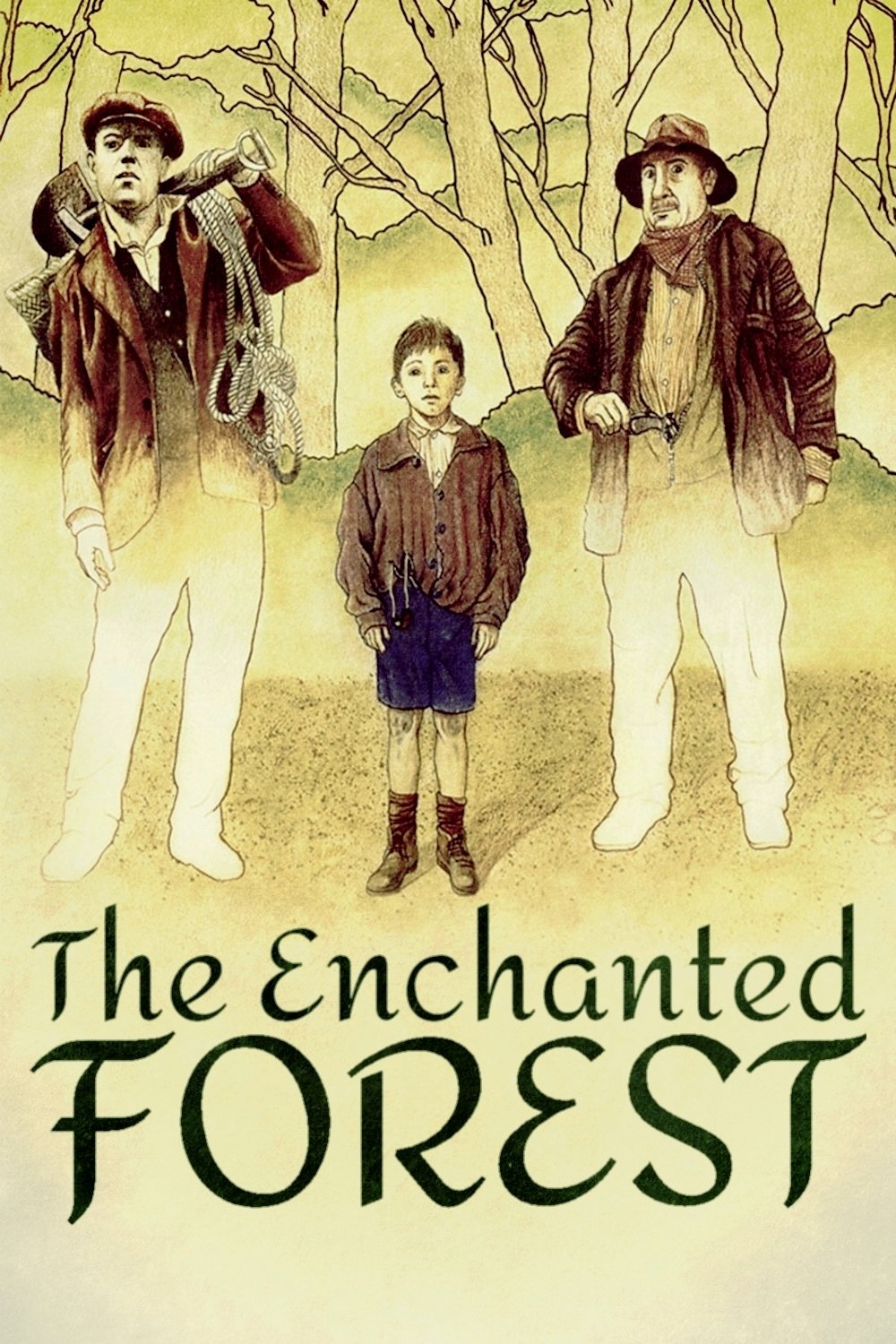
In Galicia, in northern Spain, Malvís, a frustrated day laborer who, fed up with his life, has become a clumsy bandit, tries to make a name for himself by robbing travelers passing through a forest inhabited by colorful characters.
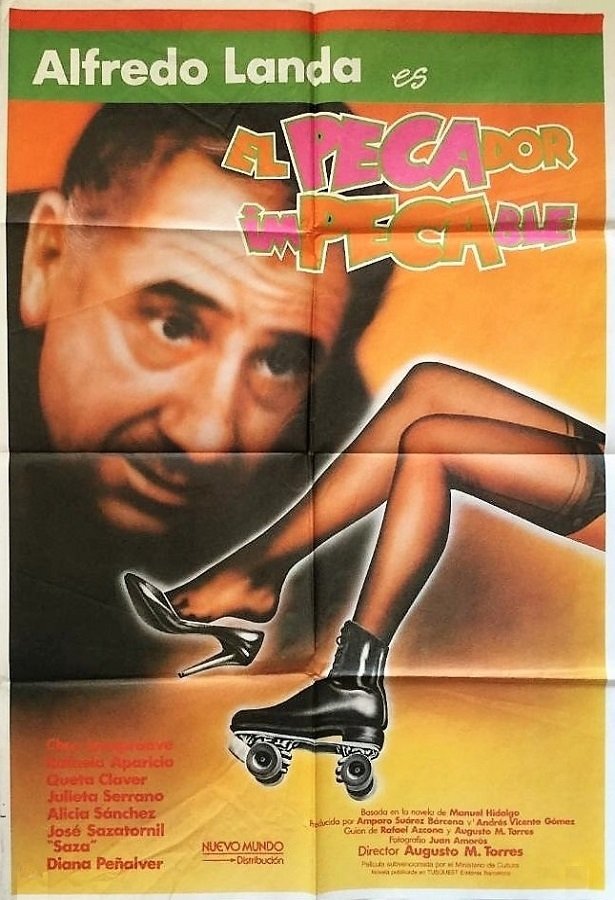
Honorio Sigüenza is a man in his forties who has always lived under the yoke of his possessive mother. When his mother dies, he undergoes a radical transformation that will lead him to live numerous love affairs in the face of the disapproval of his cousin Veni, who wanted to marry him.
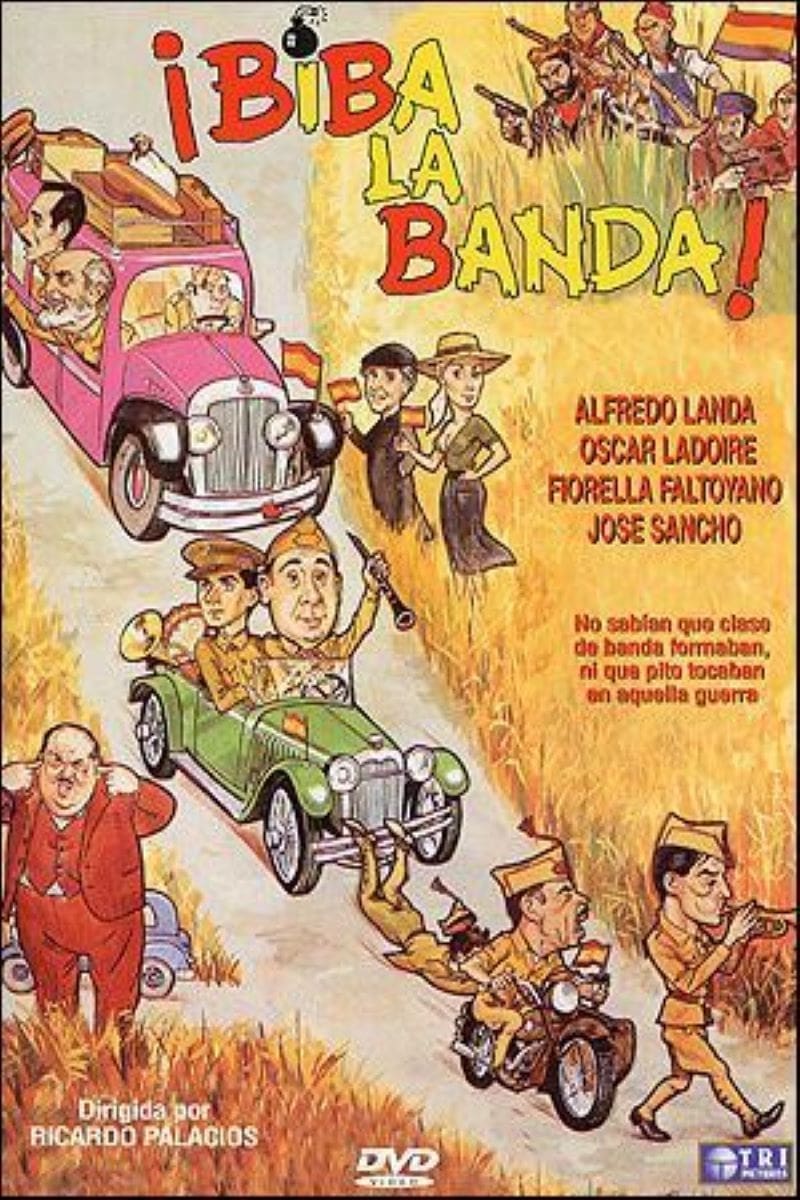
In 1938, at the height of the civil war, the musicians of the military band were very worried about their next concert. Agustín receives a letter from his girlfriend, who tells him about the difficulties he is going through with the rice harvest. She then decides to ask permission to go and help her, but as Lieutenant Urquiza refuses, she escapes. Two companions sent to bring him back, finally, stay with him. Also Sergeant Perez and several musicians who go looking for him stay with them.
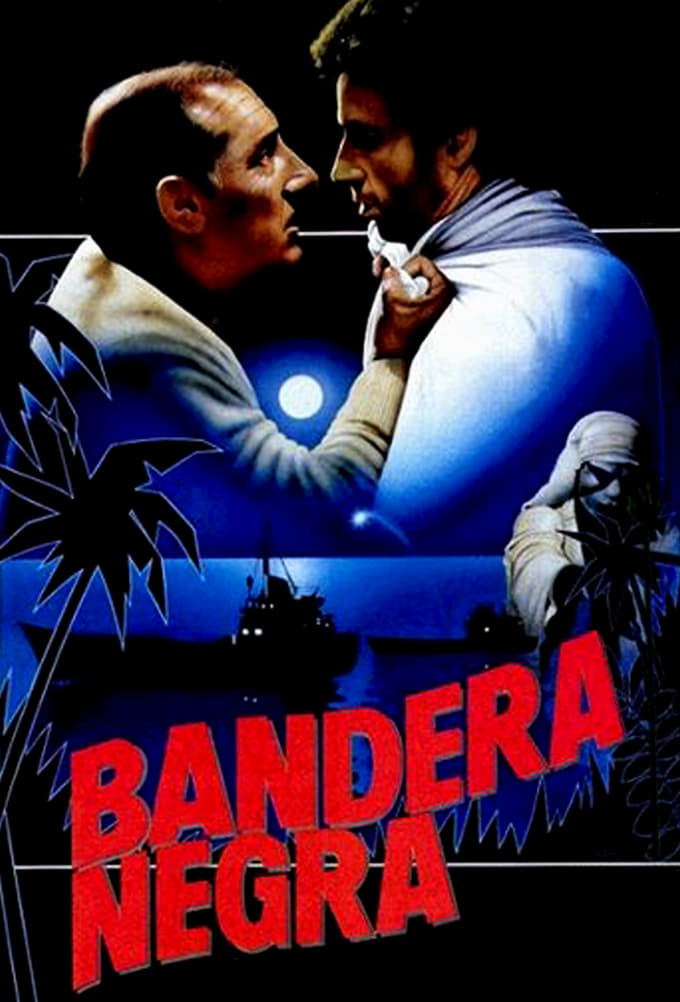
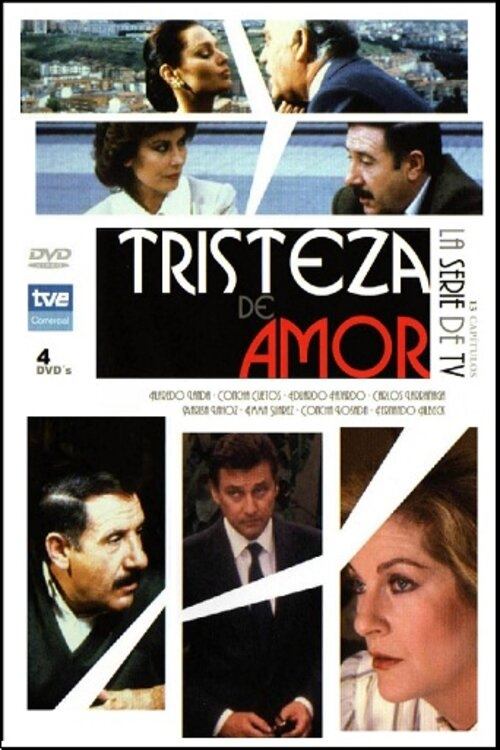
The COI, a radio station, is getting ready to air a new programm, "Tristeza de Amor", in the team they've hired, there are two reporters who used to be well known to the audience, journalist Ceferino Reyes, who just returned to Spain after ten years living in South America, and commentator Carlota Núñez, the woman who, years ago, somehow forced the latter to leave the country. This series deals with this radio programm crew's everyday adventures, and their professional and personal troubles.
Alfredo Landa (3 March 1933 – 9 May 2013) was a Spanish actor. Alfredo Landa Arena born in Pamplona (Navarre), Spain. He finished his pre-university studies in San Sebastián. He then began university studies on Law, where he began to work with university school groups. He left university to work in the theater. After working as a dubbing actor for a short time in the 1950s, he debuted with his first considerable role in film in José María Forqué's Atraco a las tres in 1962. When Francisco Franco died in 1975, censorship began to disappear. This led to a growth of erotic comedies on Spanish cinema. Landa became the "sexually repressed" role of that trend, especially under directors Mariano Ozores and Pedro Lazaga. He even created his own trend, that some people called landismo.[2] Afterwards, Landa changed his image, taking much deeper roles, like his bandit in El Bosque animado. Landa, along with Francisco Rabal, won Best Actor award at 1984 Cannes Film Festival for his memorable performance in Los santos inocentes. He is now widely recognized as a great dramatic actor. After a career with more than one hundred and twenty movies, one dozen of television series, and several stage successes, with a great amount of Spanish and European awards, 74-year-old Landa announced his retirement at the X Festival de Cine de Málaga (10th Movie Festival of Málaga) while receiving a new award. Description above from the Wikipedia article Alfredo Landa (actor), licensed under CC-BY-SA, full list of contributors on Wikipedia.
By browsing this website, you accept our cookies policy.